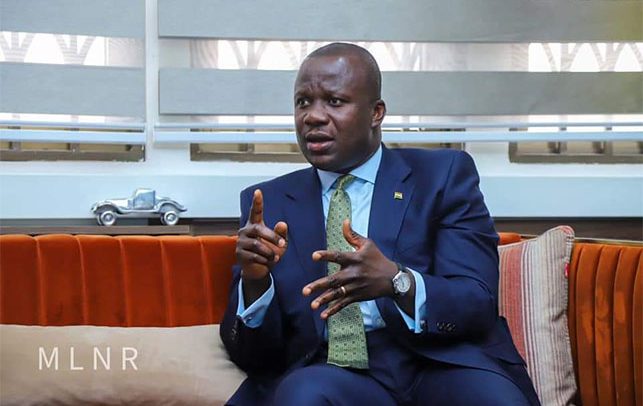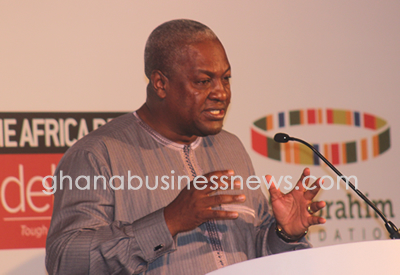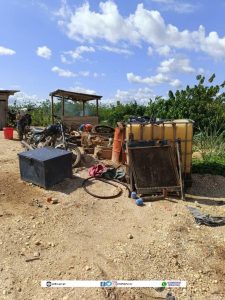
Government intends to raise US$4billion for its 24-hour economy initiative by leveraging blended finance, pension funds and diaspora capital.
With a seed capital of US$300million, government will initiate its programme under the FUND24 framework. The remaining 90 percent is expected to come from private sources through a mix of equity, concessional lending and innovative instruments such as diaspora bonds.
This flagship 24-hour programme aims to promote inclusive growth and job creation by extending economic activity beyond conventional working hours.
Dr. Ishmael Nii Amanor Dodoo, head of innovation, partnerships and markets at the 24-Hour Economy Secretariat, at a media engagement recently indicated that the plan is anchored on two financing tracks: enterprise financing for SMEs and infrastructure financing through special purpose vehicles (SPVs).
Development Bank Ghana (DBG) leads the enterprise finance track, managing a revolving fund worth between US$1billion and US$1.5billion. This facility will be extended to small and medium enterprises with concessional terms – interest rates below 10 percent and loan tenors of three to five years.
Additionally, a grant component of 20 to 30 percent will be used to de-risk investments and support SME capacity-building to make projects bankable.
SMEs will also benefit from technical assistance and financial advisory services, with additional safeguards including insurance products and cooperative-based credit guarantees to further reduce the risk of default.
On the infrastructure side, the Ghana Infrastructure Investment Fund (GIIF) is establishing three major SPVs to develop agroecological industrial parks in Agbledu and Wumbei, as well as inland water transport systems.
These SPVs will serve as vehicles to attract private capital from sources such as Africa50, Afreximbank, African Development Bank and the World Bank.
To further diversify funding sources, government is engaging domestic and international pension funds, impact investors and development finance institutions.
Ghana’s pension industry, currently managing around US$25billion in alternative investment allocations, will play a pivotal role in co-financing SPVs and enterprise development vehicles.
The 24-hour economy policy forms part of government’s broader effort to industrialise agriculture, strengthen supply chains and support sectors such as textiles, creative arts, machinery fabrication and logistics.
The post Editorial: Flagship 24-hour economy unveilled appeared first on The Business & Financial Times.
Read Full Story

















Facebook
Twitter
Pinterest
Instagram
Google+
YouTube
LinkedIn
RSS